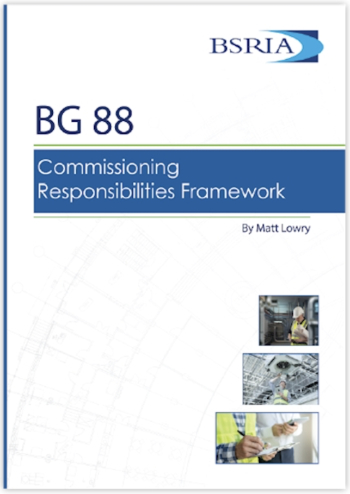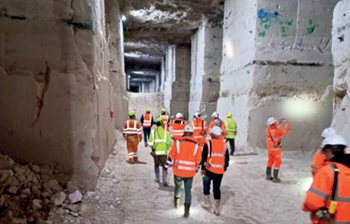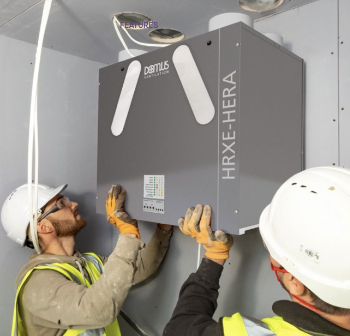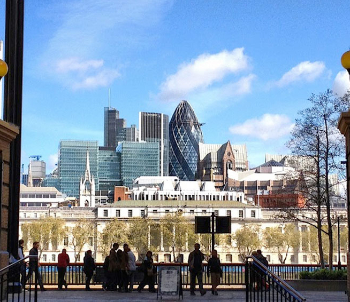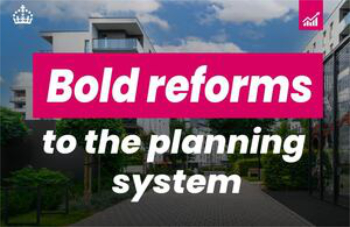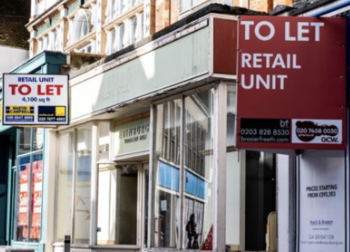Energy efficiency and conservation strategies among retailers in Jamaica
This is a summary of a 2013 information paper written by Ramona McConnel. It is made available here courtesy of The University College of Estate Management (UCEM) and there is a link to the full article at the end of this summary.
The actions we all need to take to reduce greenhouse gas emissions are common global concerns, although the likely impacts of climate change will vary depending on location; and the underlying benefits - for the environment and for business - are common too.
This paper presents an investigation of the energy saving strategies adopted by the retail sector in Jamaica. It uncovers valuable lessons for both small shopkeepers and chainstore owners, and provides - possibly for the first time - indicators that could assist the Jamaican Government and retailers in the evaluation of the retail sector’s progress in contributing to the national energy cost reduction goals and with the formulation of baseline data.
In addition, this paper provides the insight that Jamaican retailers - and other retailers around the world - require in order to convince them of both the theoretical and practical connections between energy conservation strategies and operating costs.
The paper concludes that Jamaican retailers are aware of energy efficiency and conservation strategies and have begun implementation to a limited extent. The removal of the barriers identified and the addition of incentives will multiply the achievable reductions in operating costs. Still, many Jamaican retailers prefer to wait and see the people, planet and profit benefits of the strategies before outlaying their capital.
The comparisons of geographically similar retail markets presented in this study serve to highlight where Jamaica may go next in terms of policies and actions to reduce fossil fuel consumption.
The economies of scale enjoyed by large overseas retail establishments might not be available for small and medium-sized retailers in Jamaica, as retail stores rarely reach sizes of over 20,000 square feet. However, the small size of the local stores should not dissuade retailers, because many smaller retailers in other countries have designed LEED and BREEAM-certified stores. Certification is also available for stand-alone stores, those placed in malls or strip centres.
In general, retailers seem interested in the strategies and the Jamaican Government should take advantage of their interest by providing the necessary assistance for wide scale implementation.
Although respondents said that the Government did not show enough interest, the research uncovered Government plans to drive forward its efforts in 2011 through the Petrocaribe and Adaptation Funds.
With this in mind, two key finding of the study are particularly pertinent:
- Initial costs and lack of financial incentives are the most commonly cited barriers to introducing energy-saving strategies among Jamaican retailers – suggesting that there is considerable scope for Government-funded support schemes;
- With more than half of the sample citing ‘lack of knowledge’ as a barrier to energy efficiency, it is likely that a national awareness-raising and information campaign could have a positive impact on the uptake of energy-saving measures.
Click here to read the full paper.
Featured articles and news
Commissioning Responsibilities Framework BG 88/2025
BSRIA guidance on establishing clear roles and responsibilities for commissioning tasks.
An architectural movement to love or hate.
Don’t take British stone for granted
It won’t survive on supplying the heritage sector alone.
The remarkable story of a Highland architect.
The Constructing Excellence Value Toolkit
Driving value-based decision making in construction.
Meet CIOB event in Northern Ireland
Inspiring the next generation of construction talent.
Reasons for using MVHR systems
6 reasons for a whole-house approach to ventilation.
Supplementary Planning Documents, a reminder
As used by the City of London to introduce a Retrofit first policy.
The what, how, why and when of deposit return schemes
Circular economy steps for plastic bottles and cans in England and Northern Ireland draws.
Join forces and share Building Safety knowledge in 2025
Why and how to contribute to the Building Safety Wiki.
Reporting on Payment Practices and Performance Regs
Approved amendment coming into effect 1 March 2025.
A new CIOB TIS on discharging CDM 2015 duties
Practical steps that can be undertaken in the Management of Contractors to discharge the relevant CDM 2015 duties.
Planning for homes by transport hubs
Next steps for infrastructure following the updated NPPF.
Access, history and Ty unnos.
The world’s first publicly funded civic park.
Exploring permitted development rights for change of use
Discussing lesser known classes M, N, P, PA and L.
CIOB Art of Building photo contest 2024 winners
Fresco School by Roman Robroek and Once Upon a Pass by Liam Man.









